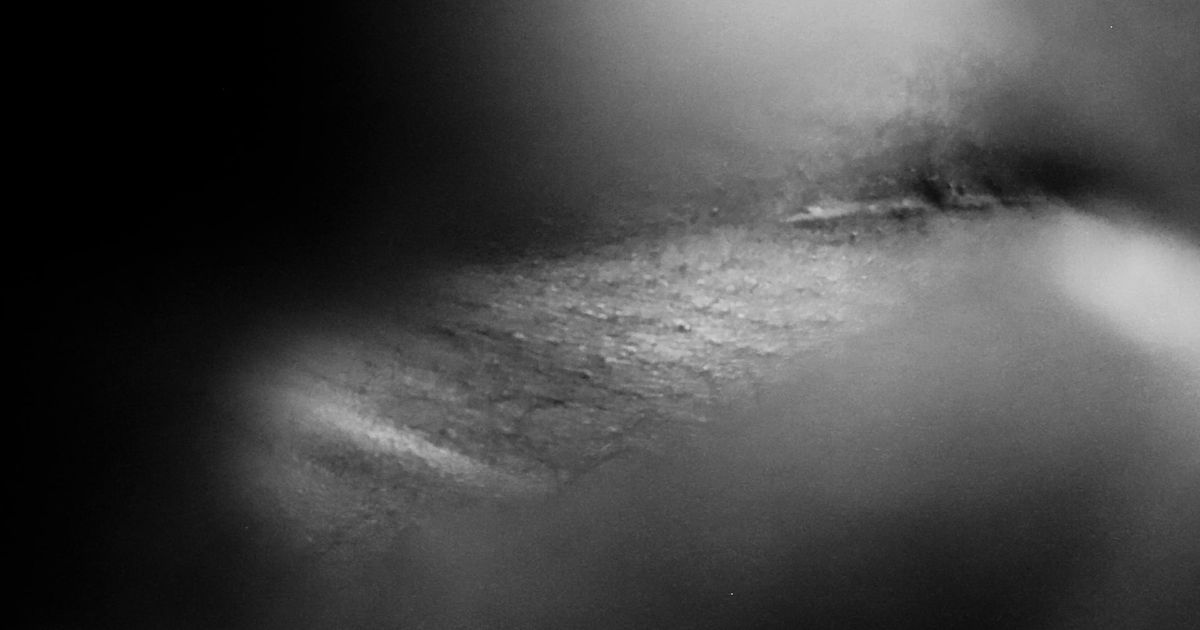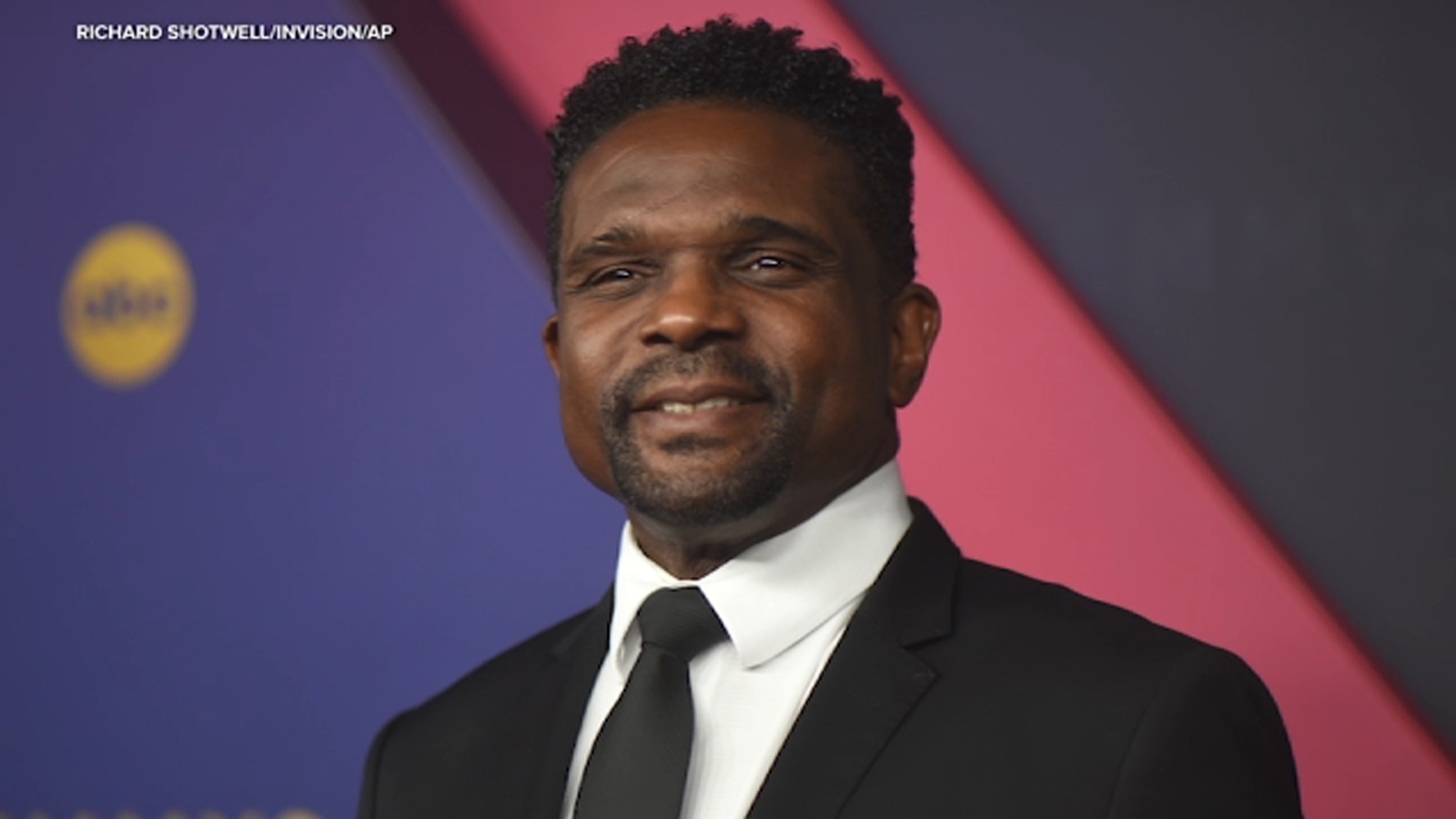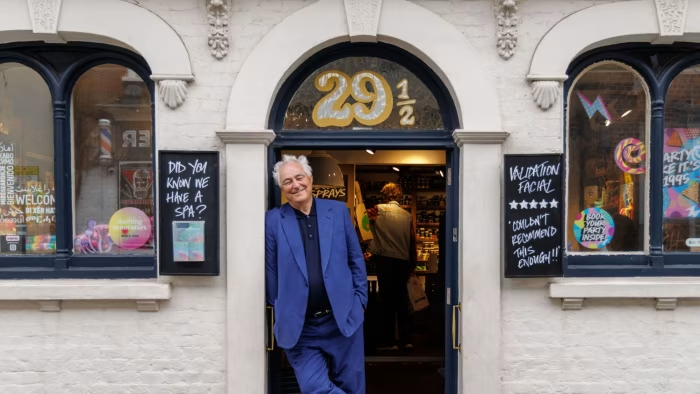Introduction
The global prevalence of myopia is on the rise, with projections suggesting that nearly half of the world’s population will be affected by 2050.1 This trend indicates a surge not only in mild and moderate myopia but also in high…

The global prevalence of myopia is on the rise, with projections suggesting that nearly half of the world’s population will be affected by 2050.1 This trend indicates a surge not only in mild and moderate myopia but also in high…
Rattled by the Taliban regime’s growing diplomatic engagement with India, Pakistan on Friday accused New Delhi of using Afghanistan as a base of operation for terrorism on its soil.

Bonner Kunstverein is proud to present Durchdringung, the first institutional solo exhibition in Germany by artist, filmmaker, and poet P. Staff, on view October 11, 2025–February 1, 2026. The exhibition presents newly commissioned works…

“Wrong anatomy” and “unlucky” were the explanations Shala Miller received for her recurrent ovarian torsions. At the beginning of this year, the artist underwent her third emergency surgery. Desperate to understand why her insides decide…

Dysmenorrhea is a prevalent gynecological disease worldwide, classified into primary and secondary forms. Patients with secondary dysmenorrhea are offered a range of appropriate treatments. Hormonal therapy is commonly used to…

Endometrial cancer (EC) is a malignant tumor originating from endometrial epithelial cells and is one of the three major malignant tumors related to the female reproductive system. EC is characterized by irregular vaginal bleeding…

Saturday, October 11, 2025 4:00AM
According to People, the actor who played Eddie Winslow in the ’90s TV hit “Family Matters” is being held at a San Diego jail without bail.
SAN DIEGO (KABC) — Darius McCrary, the actor who played Eddie Winslow in…

If you like playing daily word games like Wordle, then Hurdle is a great game to add to your routine.
There are five rounds to the game. The first round sees you trying to guess the word, with…

When Mark Constantine, 73, started cosmetics brand Lush, he was still recovering from bankruptcy, despite the triumphant sale of his first venture to The Body Shop for £9mn in 1991.
Yet Lush, launched in 1995, is now a global group, renowned for its bath bombs, operating more than 850 shops worldwide with an annual turnover in 2024 of £703mn, according to the company’s latest accounts.
Constantine, the chief executive, and his wife Mo still own more than 50 per cent of the company, and are estimated to be worth £249mn, according to the latest Sunday Times Beauty Rich List — all the more remarkable for a man who was homeless in his teens.
His obsession with cosmetics was cemented as a young hairdresser. He started mixing shampoos in the 1970s alongside a small team, and pitched them to The Body Shop founder, the late Anita Roddick, who had just opened her second branch. She gave him his big break and their partnership over the coming decade laid the foundations for what would later become Lush.
Having vowed never to retire, Constantine still works from the same building in Poole, Dorset, where he launched Lush 30 years ago alongside his co-founders. “We’ve got more ideas now than we ever know what to do with,” he says. The self-proclaimed “hippy soapmaker” is also a notable philanthropist.
Born: July 21, 1952, Kingston, Surrey
Education: Weymouth Grammar School
Career: 1972: Apprentice hairdresser at Elizabeth Arden, Bond Street
1973: Trainee trichologist at The Ginger Group; later went freelance
1976: Founded Constantine & Weir
1991: Sold rights to the Body Shop
1991-1994: Worked full-time on Cosmetics to Go
1995: Co-founded Lush
Lives: Poole, Dorset, with wife Mo, who is also a Lush co-founder
Where did your business career begin? You didn’t start Lush until you were in your forties
I was still in my early twenties, making products in my bedroom, when The Body Shop started accepting my ideas. It was quite a power trip. It was a hell of an opportunity and I was so fortunate.
I learned a lot from Anita over the 15 years we worked together. She was dynamic and epitomised charisma. But we would argue constantly. If you didn’t argue back, Anita would think you hadn’t made much of an effort. Once she called me “unprofessional”, and I told her I’d prefer she called me a “wanker”. Five minutes later, a bunch of flowers arrived, with a note that just said — “Wanker”. That was the way we did business.
We were partners until 1991, when she bought the rights to our formulas for £9mn.
But I blew it all on my next company, Cosmetics To Go, within a few years. It was a mail order catalogue of beauty products (the non-compete agreement meant we could only sell via mail order). With Cosmetics To Go, we lost £1 every time we sent out an order, which was a problem because we were really popular. The one consolation was that all the products and inventions in that catalogue were ones that Anita had rejected, such as the bath bombs.
How did you recover from bankruptcy in January 1994?
I was quite ashamed of myself. I’d never felt so alone after going bankrupt. When I met the bankruptcy receiver and put my hand out to shake his, he wouldn’t take it. There was definitely shame. I would go through the back door of the shop because I just couldn’t face going through the front. I wanted to stay at home with a bag over my head.
I then had to figure out how I would turn things around. We had three mortgages, including our family home, a factory, and the Poole store/office, and three kids to support. I’d already had to sell another house in Swanage, Dorset, at a 50 per cent loss. That sale left us with £43,000 in cash. That was all we had left by the mid-1990s. So I used that money to start Lush.
Did you or your wife hesitate about putting money into another business after the bankruptcy?
Well, no one was going to employ me. I was unemployable. I hadn’t — and haven’t — been employed full-time by anyone else since 1973.
I do remember I had to persuade Mo and my other business partner, Liz Weir, that perhaps we should put what was left into something new. I don’t know what exactly my wife thought about me betting on another business. But we’d been together a long time, so I think she just knew what I was like. I’m just really into the game. We both are.
Saying that, my seven-year-old son at the time did corner me one day and asked: “Do you think you ought to get a proper job?” I had to explain to him that I thought I could market my skills better than in a “proper job”.
How do you feel about your wealth after your success with Lush?
I’m never very comfortable when the Sunday Times Rich List comes out, mainly because you never actually have the money. Everyone assumes you have all that cash, and you don’t — it’s the asset. I still live in the same house we bought 40 years ago.
Ultimately, wealth gives you a great opportunity to do a whole lot of things for others. That’s what I’m proud of. I was really touched by the kindness I experienced when I was homeless, living in a tent in a forest after being kicked out of the family home at 16. People invited me for dinner and let me stay. That’s always stuck with me.
What are your views on the government’s tax policy?
In general, I think wealthy people obsess too much about tax. They do all sorts of things that mess up their lives because it’ll save them some money. It just complicates your life to get caught up in moving, such as non-doms or sailing around in big yachts to avoid tax days.
Lots of people who read the FT will disagree with me but, personally, I believe in paying tax. I don’t like it — I do think it’s important, though.
Saying that, my opinion on tax policy from a business point of view is that you should concentrate on growth. Businesses can get distracted by worrying about tax instead of growth.
Family businesses are the backbone of this country. They don’t generate news though, so politicians don’t understand them. The government thinks business is just The City, which is basically the betting house.
But we just have to live with the government’s decisions on tax. I’m not going to move to Switzerland or anything because of tax. I’m just hoping to live long enough to see the next government come in.
Will you leave the business to your children?
My children have worked their butts off in this business for 20 years. So yes, I would like to leave it to them. Do I want to leave them a huge tax bill? Not particularly. But the plan is for our three children to inherit our shares.
I love spoiling people, including my kids. And family businesses, by their nature, involve some kind of nepotism. But at the same time, the kids are building skills and going through all the tough stuff you have to go through.
What’s your philosophy on business today?
The reality is that entrepreneurs aren’t balanced people. I’ve had to manage my mental health my whole life, including panic attacks and anxiety.
But I don’t like the image of business that TV portrays, such as The Apprentice or Dragons’ Den. I don’t like programmes where the jeopardy makes people cry. I don’t like the idea of needing to make a pitch in three minutes. Business can be done in beautiful ways — politely and kindly. That’s why I co-wrote The Poetry Business School. Poetry can teach you so much.
I now see a business coach each week. We’ll talk about weak spots, such as how my judgment of men isn’t so good. I’ve turned a blind eye to some people I shouldn’t have. On the flip side, I think working with women is a secret weapon. As soon as you listen to them, that’s when you start getting successful.
Fundamentally, I believe in capitalism, but motivation should be shared around. At Lush, we’re partly family-owned and partly staff-owned [all external investors were later bought out]. That feels better than one or two people, then selling and taking all the money.
We’ve also given away £100mn in charitable giving over the past three decades. Yes, profit is still more important than policy, but not by much.